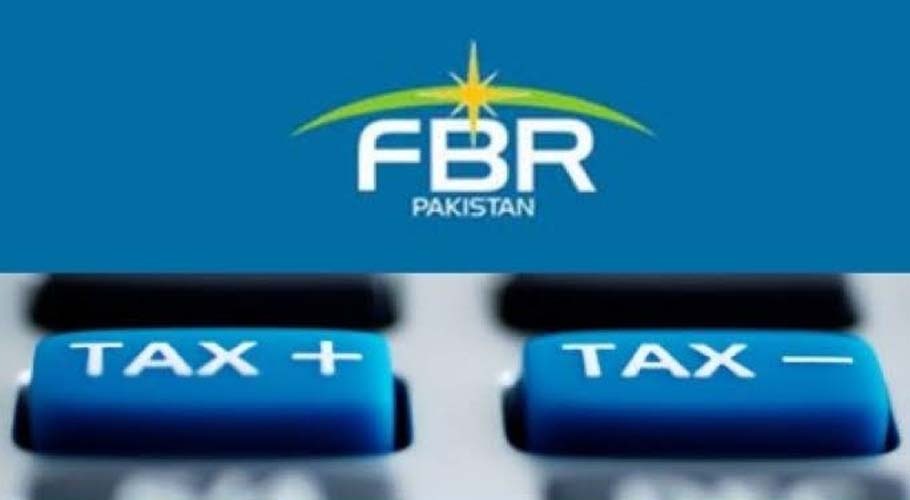The Federal Board of Revenue (FBR) encountered a revenue collection shortfall of nearly Rs33 billion in February, according to provisional figures released on Thursday. This shortfall was primarily attributed to lower-than-anticipated collections from domestic taxes and customs duties.
Shortfall and Comparison:
Despite falling short of the target set at Rs714 billion, February’s collection of Rs681 billion still represented a significant increase of over 30% compared to the Rs519 billion collected in the same month of the previous year. It’s important to note that these figures are expected to improve slightly after final adjustments are made.
Concerns and Historical Context:
This shortfall follows a similar miss in January, where collection fell short by Rs9 billion. These consecutive shortfalls raise concerns about the FBR’s ability to achieve its overall annual revenue collection target for the current fiscal year. However, it’s important to see these shortfalls in context. Despite the February and January shortfalls, the FBR has collected Rs5.831 trillion in the first eight months (July-February) of 2023-24. This exceeds the target of Rs5.829 trillion by Rs2 billion. This indicates that higher collection in December helped offset the shortfalls witnessed in the previous two months.
Target and Refunds:
The government has set a challenging target of Rs9.415 trillion for revenue collection in the current fiscal year, representing a near 30% increase compared to the previous year’s revised collection figure of Rs7.2 trillion. Notably, tax refunds have also increased by more than 28% during this period.
Reasons for Lower-than-Expected Import Tax Collection:
An official FBR report highlighted several reasons for the slower-than-expected growth in import tax revenue. These reasons include:
- Downward revisions in import duties: Import duties have been gradually reduced over time, leading to lower potential revenue collection.
- Import license restrictions: The State Bank of Pakistan imposed restrictions on import licenses to address the country’s foreign exchange shortage. This has further curbed import tax revenue.
Positive Aspects:
Despite the challenges, there were also positive aspects to report:
- Improved import value: The report acknowledges a positive impact from improved import value, resulting in Rs151 billion in import duty collection.
- Enhanced anti-smuggling efforts: The FBR highlighted a 69% increase in anti-smuggling efforts compared to the previous year. These efforts have contributed positively to revenue collection.
- Increased domestic tax contribution: The report notes a positive shift towards domestic tax collection, which now accounts for over 64% of all revenue collected in the current fiscal year. This shift is likely driven by inflation rates of around 30%. Additionally, the share of import tariffs has decreased to 36% from over 50% just three years ago.
- Strong income tax collection: The report also highlights impressive growth in income tax collection, particularly from sectors like banks, petroleum products, textiles, power, food goods, and services.
Looking Forward:
While the FBR faced a shortfall in February, it’s important to consider the broader context and acknowledge the positive trends in other areas. The coming months will be crucial for the FBR to assess progress and implement strategies to ensure achieving the overall annual revenue collection target. Addressing the current limitations in Balochistan’s anti-smuggling workforce could be a crucial step towards achieving this goal.
Please, subscribe to the YouTube channel of republicpolicy.com
















